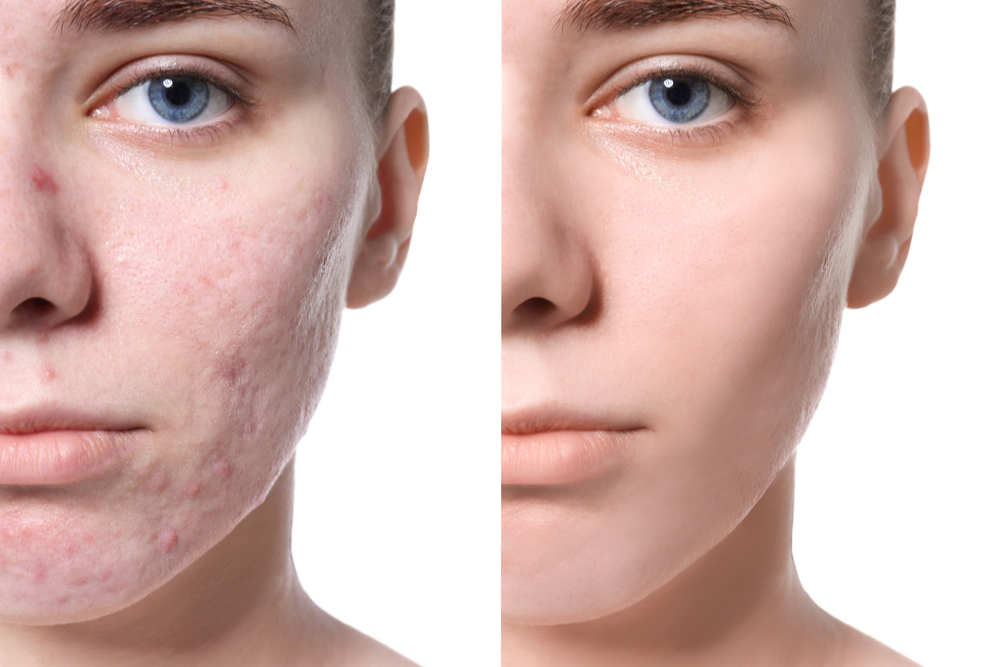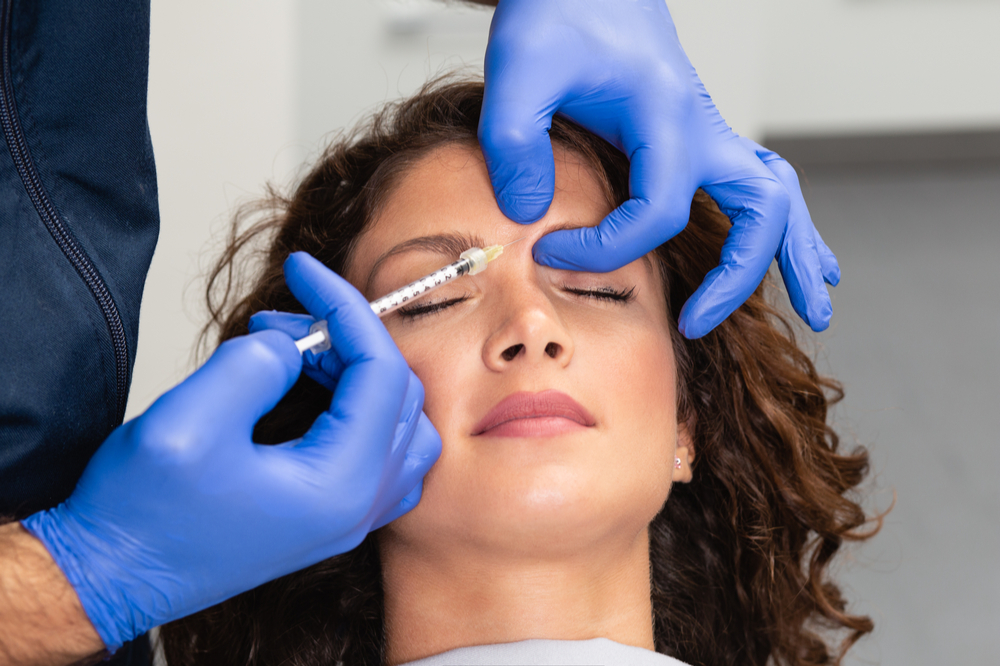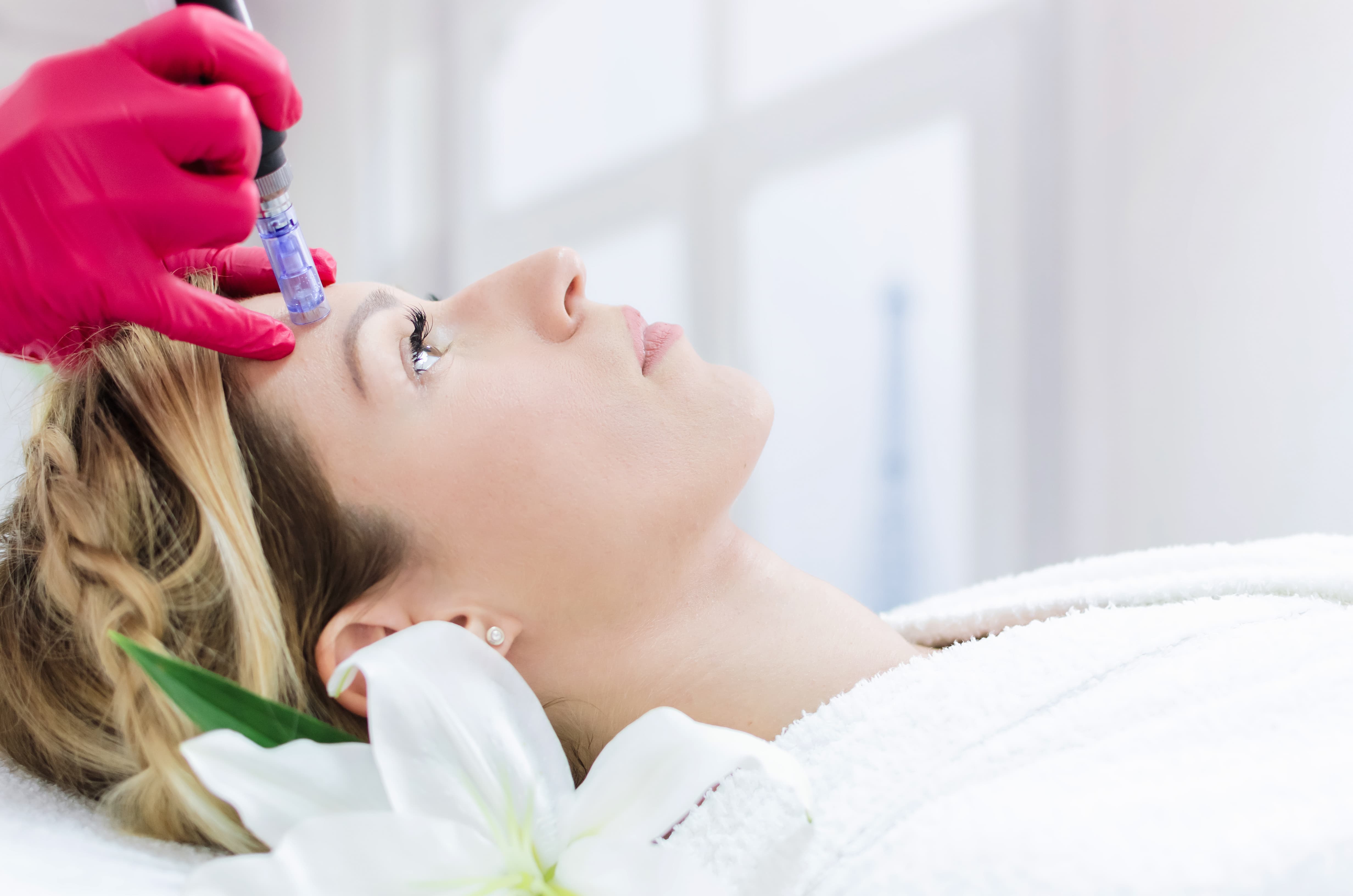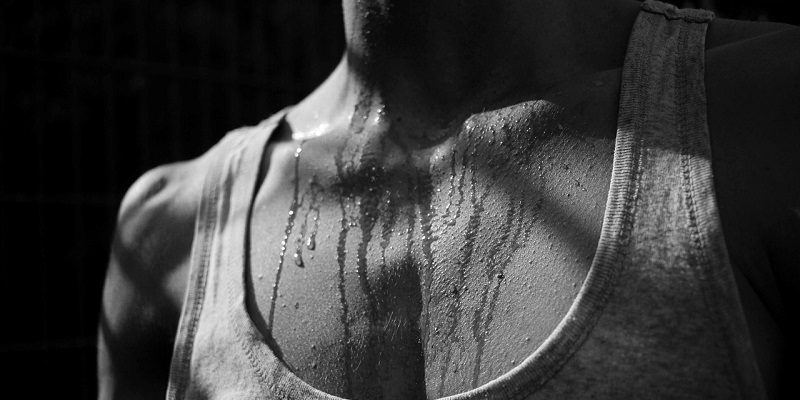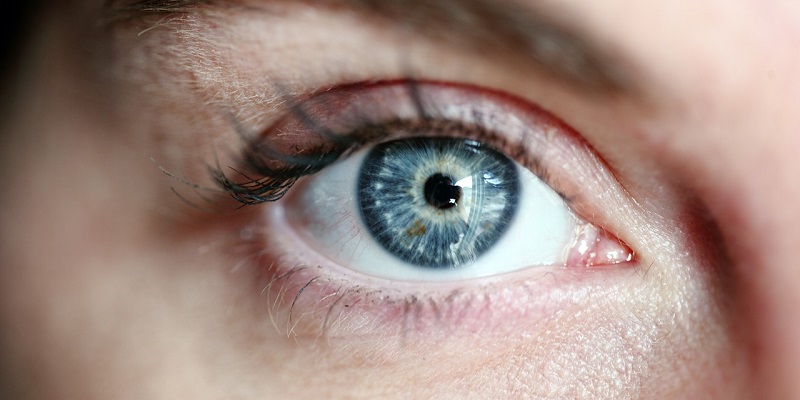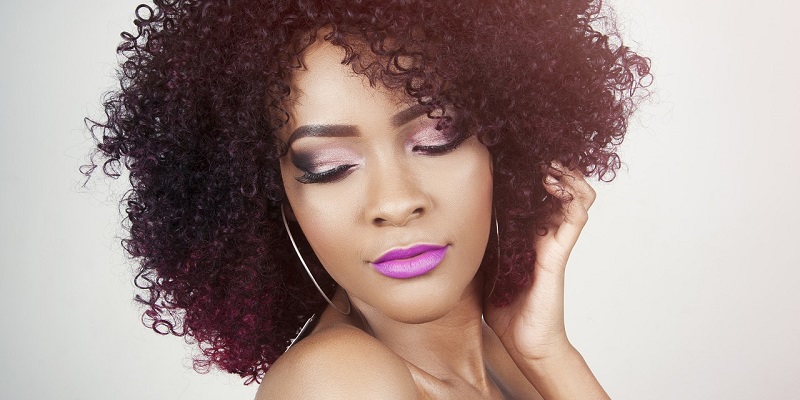Managing The Causes of Your Breakouts
28st October, 2020
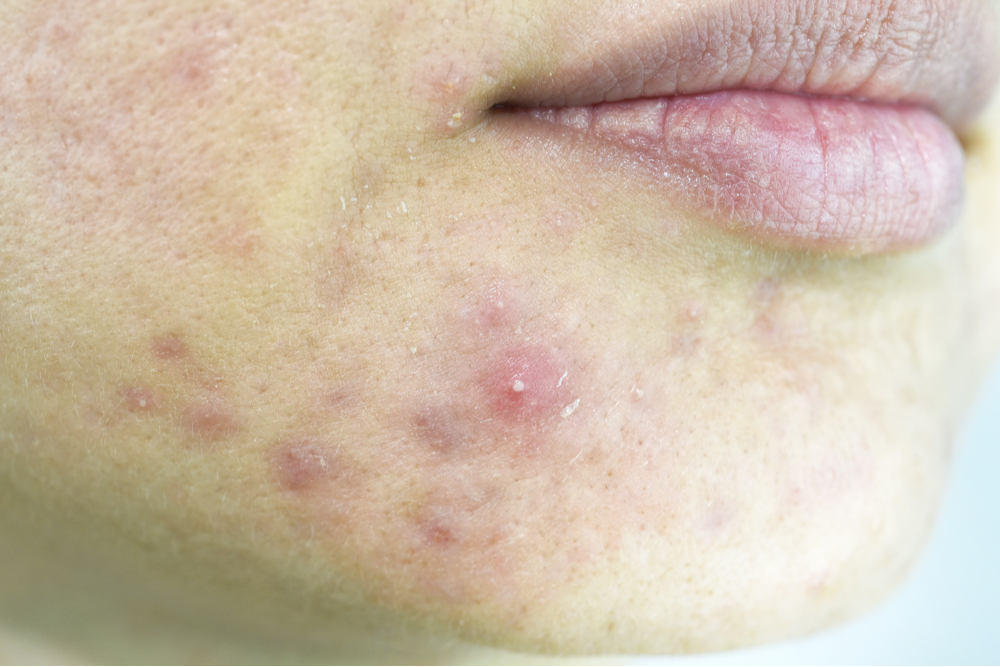
Almost all of us are prone to breakouts at some point or another, no matter how old we are, what our skin type is or the skincare we use, and as much as it would be nice to say goodbye to pimples for good, for most of us it’s one of those unavoidable things. However, there are several different things you can do to help manage breakouts and reduce their likelihood, as well as improve the health of your skin overall.
At Revolution Aesthetics, we’re passionate about helping our clients manage their skincare concerns and giving them the confidence to live their lives free of worry about how they look! We’re taking a look at a few of the most common things that might exacerbate your breakouts and what you can do to help manage them, as well as skincare tips to keep your skin looking and feeling healthy.
Stress
Stress on its own isn’t a major cause of acne, however, it can certainly trigger individual breakouts and make any existing acne worse. When we’re stressed, the levels of a hormone called CRH (corticotrophin-releasing hormone) rise in our body. CRH can stick to receptors in the oil glands of your skin and increase oil production, which is a big reason behind why we get spots in the first place. Stress also often means you’re less likely to eat well, drink enough water and carry out your normal skincare routines, and sleep is often disturbed when you’re struggling with stress and anxiety.
Of course, it’s never easy to combat the effects of stress, as it’s almost always caused by external factors outside of your control. However, there are a few things you can do to reduce the impact that stress has on your skin, including keeping up with your regular skincare routine, avoiding sugary or greasy foods as much as possible and making sure that you’re consistently drinking lots of water.
If you’re struggling with oily, acne-prone skin, chemical exfoliators and regular skin peeling treatments can help to combat this and reduce the impact of acute stress on your skin. Skin peeling and regular exfoliation treatments help prevent the skin from becoming too oily and clears out pores that might become clogged, resulting in a breakout.
Makeup
There’s a common misconception that wearing makeup every day contributes to an increase in acne and breakouts, particularly heavy base makeup like foundation and concealer. However, on its own, most makeup doesn’t really contribute to increased breakouts (though there are always exceptions)!
Not taking makeup off at night properly can contribute to breakouts as it sits on the skin while natural regeneration processes take place, interrupting the skin’s normal function. Many people also don’t realise that their makeup can and does expire, and that wearing makeup that is out of date is likely to introduce new bacteria to the skin’s surface. If you think that your makeup might be causing breakouts, check the expiry date and if you can, stop using it for a week or so, to see how your skin handles it. If you’re still breaking out, try switching to mineral-based makeup, which doesn’t have any pore-clogging ingredients or potential irritants you might find in traditional makeup products.
A regular cleansing routine in the morning and evening will help to remove any makeup residue, as well as natural oil buildup, dirt and impurities on the face, giving your skin the best possible chance to stay soft, smooth and clear.
Face Masks
A relatively new phenomenon, increased acne around your nose, mouth and chin may be caused by wearing face masks, particularly if you’re wearing them for an extended period of time, for example, a long work shift. This is because the mask rubs against your skin, creating irritation and transferring bacteria. If possible, ensure you have the right size mask, use a natural material like silk or cotton, and wash your mask after every use to get rid of dirt buildup.
To find out more about how you can protect your skin, or to book a free skin consultation with our expert team, please don’t hesitate to get in touch!
REVOLUTION
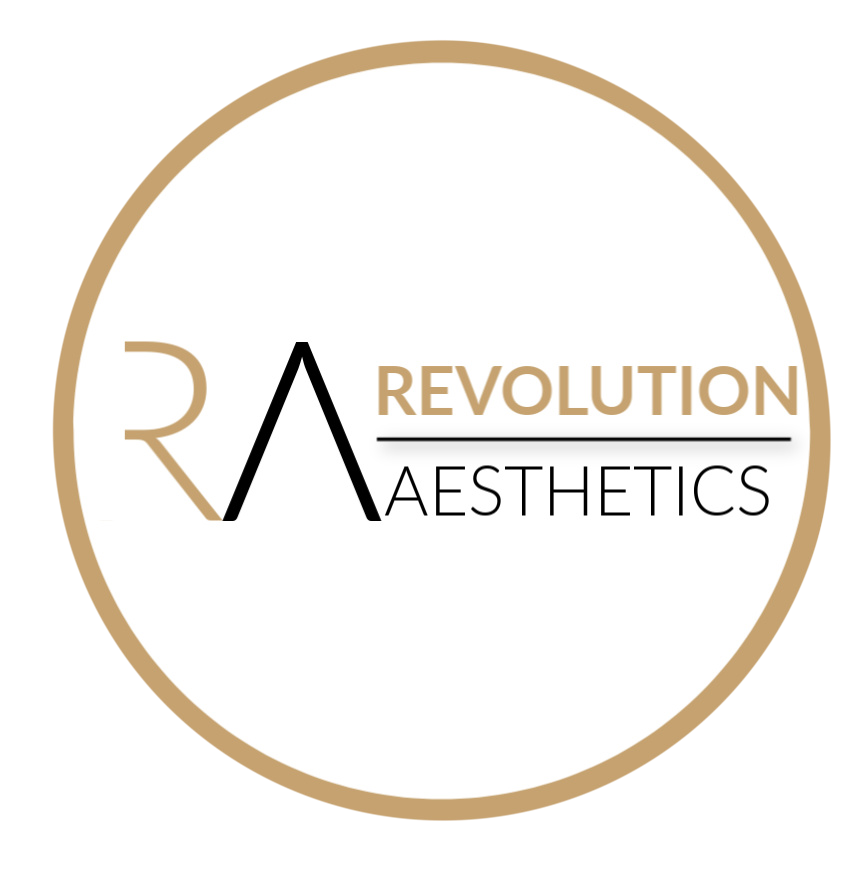
REVOLUTION
Please visit our social media profiles to keep up to date with our latest offers.

